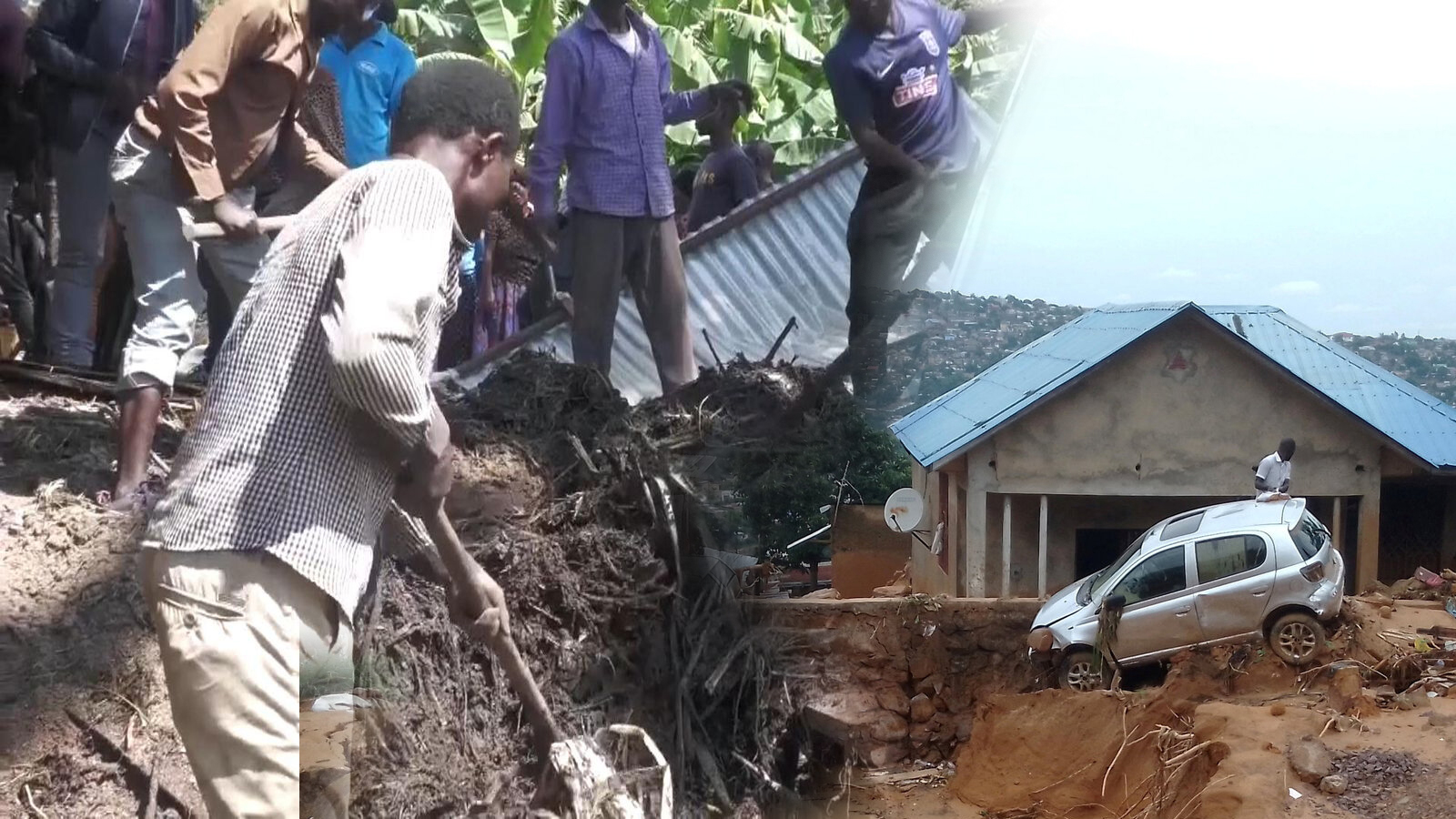Dead bodies were still being recovered on Monday from two villages in eastern Democratic Republic of Congo where floods killed more than 400 people last week in one of the country's deadliest disasters in recent history, according to Reuters.
Survivors looked on as humanitarian workers piled corpses into freshly dug mass graves over the weekend, in videos posted online.
The workers have spent days recovering mud-caked bodies from the villages of Bushushu and Nyamukubi, both in South Kivu province, where days of torrential rain triggered landslides and caused rivers to break their banks on Thursday.
Just over 400 people are now confirmed dead, South Kivu governor Theo Ngwabidje Kasi said earlier on Monday, more than doubling the toll since Friday.
Civil society sources on the ground expect it to rise further as bodies were still floating in rivers and buried under wreckage. Hundreds of people remain unaccounted for, according to the United Nations.
The Congolese Red Cross said that 274 people had been buried so far, including 98 women and 82 children.
Over 8,800 others have been impacted by the floods, which swept away homes and schools and cut off roads, it said. Destroyed sewage systems and bodies lying in debris are raising concerns about sanitation, it said.
Families have been separated and traumatised survivors are taking refuge in other people's homes, the Red Cross added.
The charcoal seller left her three youngest children at home to run an errand when the rain hit. By the time she returned, the house was destroyed and her six, eight and 10-year olds were nowhere to be seen.
"There was no trace of the house when I got back," she told Reuters.
The central government in Kinshasa has not yet issued a death toll. It has sent a delegation to the area and declared Monday a day of national mourning.
Warming temperatures due to climate change are increasing the intensity and frequency of Africa's rains, according to U.N. climate experts.
This can increase the destruction wrought by the floods and landslides that were already common in South Kivu. Poor urban planning and weak infrastructure also make it more vulnerable to such events.
Heavy rains also triggered flooding and landslides in neighbouring Rwanda last week, killing 130 people and destroying more than 5,000 homes.










Trackbacks and Pingbacks